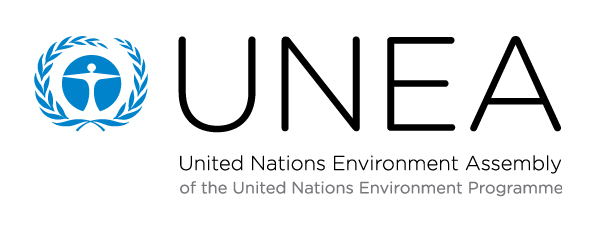Quality Education and all around development through implementation of NEST methodologies
Description
The NEST Methodologies will be inducted in current curriculum in such a way that it works as value additions and new experience for students and Teachers as well. “The goal of NEST is to learn from nature so that we can preserve our environment for future generations. The approach will be based on the principles of modern science and technology will be the fulcrum of communication between our modern lives and the environment at large."Specific activities and workshop will be conducted to ensure complete exposure of students to new dimensions of NEST.Few of activites to be undertaken will be 1. Junior students shall be encouraged and will be part of our “reach the unreach” programme where they will undertake trips to some backward village and impart special education on specific subjects of public welfare and health.2. “leadership Acceleration” from a young age each student will be assigned groups of young people from neighborhood locations and will be assigned to carry out specific social welfare tasks. This is to ensure that leadership skills are ingrained at a practical level from a young age.3. “cycle of innovation” current day challenges will be highlighted and groups will be formed where the target is to provide innovative solutions to the challenge which is implementable. This will enable our students the principles of teamwork early in life coupled with ability to think out of box.”
Teachers and Coordinators will be have to undergo rigorous training to ensure full delivery of services to Students.Initially the initiative will be stated with Class IV to V students and gradually extended to other classes. all the know how of this methodologies will be provided by our parent body CCLP Worldwide.
There will be dedicated committee composed of Principal, teachers and coordinators. The Monthly plan of actions will be decided by the Committee who will be accountable for this initiative .The separate department and space will be allocated for smooth function of this initiative.
SDGS & Targets
Goal 4
Ensure inclusive and equitable quality education and promote lifelong learning opportunities for all
4.1
By 2030, ensure that all girls and boys complete free, equitable and quality primary and secondary education leading to relevant and effective learning outcomes
4.1.1
Proportion of children and young people (a) in grades 2/3; (b) at the end of primary; and (c) at the end of lower secondary achieving at least a minimum proficiency level in (i) reading and (ii) mathematics, by sex
4.1.2
Completion rate (primary education, lower secondary education, upper secondary education)
4.2
By 2030, ensure that all girls and boys have access to quality early childhood development, care and pre-primary education so that they are ready for primary education
4.2.1
Proportion of children aged 24–59 months who are developmentally on track in health, learning and psychosocial well-being, by sex
4.2.2
Participation rate in organized learning (one year before the official primary entry age), by sex
4.3
By 2030, ensure equal access for all women and men to affordable and quality technical, vocational and tertiary education, including university
4.3.1
Participation rate of youth and adults in formal and non-formal education and training in the previous 12 months, by sex
4.4
By 2030, substantially increase the number of youth and adults who have relevant skills, including technical and vocational skills, for employment, decent jobs and entrepreneurship
4.4.1
Proportion of youth and adults with information and communications technology (ICT) skills, by type of skill
4.5
4.5.1
Parity indices (female/male, rural/urban, bottom/top wealth quintile and others such as disability status, indigenous peoples and conflict-affected, as data become available) for all education indicators on this list that can be disaggregated
4.6
By 2030, ensure that all youth and a substantial proportion of adults, both men and women, achieve literacy and numeracy
4.6.1
Youth/adult literacy rate
4.7
By 2030, ensure that all learners acquire the knowledge and skills needed to promote sustainable development, including, among others, through education for sustainable development and sustainable lifestyles, human rights, gender equality, promotion of a culture of peace and non-violence, global citizenship and appreciation of cultural diversity and of culture’s contribution to sustainable development
4.7.1
Extent to which (i) global citizenship education and (ii) education for sustainable development are mainstreamed in (a) national education policies; (b) curricula; (c) teacher education and (d) student assessment
4.a
Build and upgrade education facilities that are child, disability and gender sensitive and provide safe, non-violent, inclusive and effective learning environments for all
4.a.1
Proportion of schools offering basic services, by type of service
4.b
4.b.1
Volume of official development assistance flows for scholarships
4.c
By 2030, substantially increase the supply of qualified teachers, including through international cooperation for teacher training in developing countries, especially least developed countries and small island developing States
4.c.1
Proportion of teachers with the minimum required qualifications, by education level
SDG 14 targets covered
| Name | Description |
|---|
Deliverables & Timeline
Resources mobilized
Partnership Progress
| Title | Progress Status | Submitted |
|---|---|---|
| Partnership Progress 2020-09-18 | On track | |
| Partnership Progress 2019-08-13 | On track | |
| Partnership Progress 2017-07-08 | On track |

Feedback
Action Network


Timeline
Entity
SDGs
Geographical coverage
More information
Countries

Contact Information
Vinod Singh, Pro-Vice Chairman
